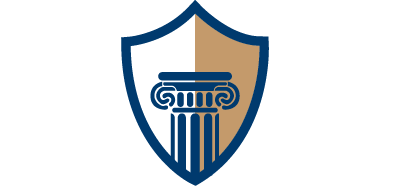Personal Injury Attorney
Personal injury attorneys are often asked by victims of car accidents, medical malpractice, workplace falls and defective products, “How will I pay for my medical bills?” Currently, 45 million Americans are uninsured. For the insured, high deductibles and co-pays can be astronomically expensive. A recent New York Times article entitled “How Rich Hospitals Profit from Patients in Car Crashes” discusses how hospitals have jumped on the bandwagon of price gouging victims of personal injuries.
Health insurers, including Medicare and Medicaid, are entitled to usual customary and reasonable (UCR) adjustments in the amount of medical bills. Large health insurers have the power to negotiate these UCR adjustments due to their size. If a hospital refused to accept the proposed UCR adjustments, the health insurer would simply advise its insureds to not utilize the hospital’s services. Withdrawal of the insured’s of one major health insurer or Medicaid or Medicare would be devastating to the hospital. For this reason, the hospital readily agrees to the UCR adjustments for insured patients. However, when a patient is uninsured, they do not have the economic power to bargain with the hospital for a reduced fee. The uninsured, for this reason, often face medical expenses that are 5 to 10 times greater than those expenses incurred by insured individuals for the exact same services.
The New York Times article discusses how hospitals will refuse to submit a personal injury victim’s medical bills to their health insurer. Instead, the hospital will hold the bills until the individual receives a settlement. Then, the hospital will submit the inflated bills directly to the injured party or the wrongdoer’s insurance company for reimbursement at an inflated rate. According to the New York Times, “the difference between the 2 prices can be staggering, …. the bills that Medicaid would have paid, $2500.00, ballooned to $12,857.00 when the hospital pursued a lien (directly against the insurance settlement).”
The legality of hospital gouging of personal injury victims depends upon state law. In some states, hospitals are able to submit bills for reimbursement to the insurer that is primarily responsible for the bill. For example, when a driver is negligent, by violating traffic laws, and causes an accident that results in severe injuries, the wrongdoer’s insurer is primarily responsible for the bills. Other states may require the hospital to submit the bills to the insurer chosen by the injured party.
Ultimately, personal injury victims should be entitled to the benefit of the UCR adjustments bargained for by their health insurer. If you are the victim of a car accident resulting in serious personal injuries, you should contact a personal injury attorney, like the office of Mishkind Kulwicki Law Co., L.P.A. to determine your rights when it comes to hospital medical billing practices.
